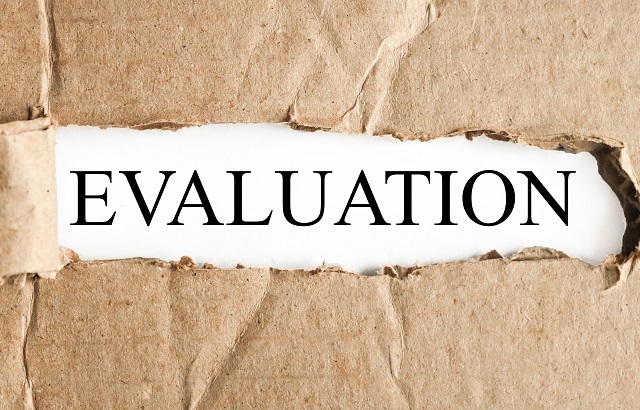

When scientific research is labelled as ‘good’ or ‘bad’, that judgement is often based on whether a study has been designed and carried out in a robust way to answer a specific research question. For example, whether the right type of cell has been used in an experiment or whether a clinical study has recruited enough people —representative of the diversity of the population— to make its results meaningful. But for good science to thrive, you also need a healthy research culture – one that is transparent, inclusive, and supports researchers to carry out high quality research.

In recognition of the part that the BHF, as a major funder, plays in nurturing a positive research culture we have engaged with initiatives to promote a fair and open research ecosystem. These include; developing clear research integrity policies, working to make our funding schemes more accessible and confirming our commitment to the ‘Concordat to Support the Career Development of Researchers’. However, the barriers to a healthy research culture are complex and there is still more we can do.
With this in mind, on 26 April 2021 we signed the San Francisco Declaration on Research Assessment (DORA). By becoming a signatory, we have committed to the DORA principles, the spirit of which are:
- Transparency in how applications and grants are assessed
When researchers make an application, they should know how their proposed research will be assessed. Similarly, during the course of the grant, the evaluation criteria for scientific productivity should be clear and transparent. - Responsible use of bibliometrics
Journal impact factor should not be used as a surrogate measure of the scientific quality of a research article. A research article should be judged by its own scientific merit, not that of the journal that it is published in. - An appreciation of the value of all research outputs
The value of all research outputs, not just publications, should be recognised in the assessment of scientific productivity. In the evaluation of past research productivity, the consideration of wider research outputs such as the generation of intellectual property, influence on policy, or public engagement activities, gives a more complete indication of achievement.
What does this mean in practice for the BHF? These principles of good practice in research assessment have been in the background of our funding processes for years; however, by committing to DORA, we will bring them front and centre. For example, we will be incorporating the DORA principles into our committee procedures through the following means:
- On our website we currently publish the names of our committee members for transparency; however, we will go further and show for each funding scheme, the pathway from application to committee through to outcome.
- We will give our committee members information regarding our commitment to the DORA principles in their welcome packs and in publicly available BHF peer review guidance.
- Future committee meetings will begin with the Chair reminding the committee of the DORA principles. These principles will be upheld during discussions by the committee Chair and Vice Chair, with support from BHF staff.
While assessment of our current funding processes is, and will continue to be, under constant review, at the end of this first phase we will reach out directly to our research community. At the heart of this endeavour, our researchers are best placed to provide feedback on how we are doing and what else we might do that will have a positive impact. Look out for an online survey asking for your views later this year.
As a research charity that relies on public donations, we have a responsibility to invest in the most promising research and support the most talented researchers. By working to ensure our assessment of research proposals is transparent, robust and fair, we pledge to do our part in supporting a healthy, inclusive and honest research culture. Signing up to the DORA principles is a step towards helping build a positive research culture that benefits everyone.


